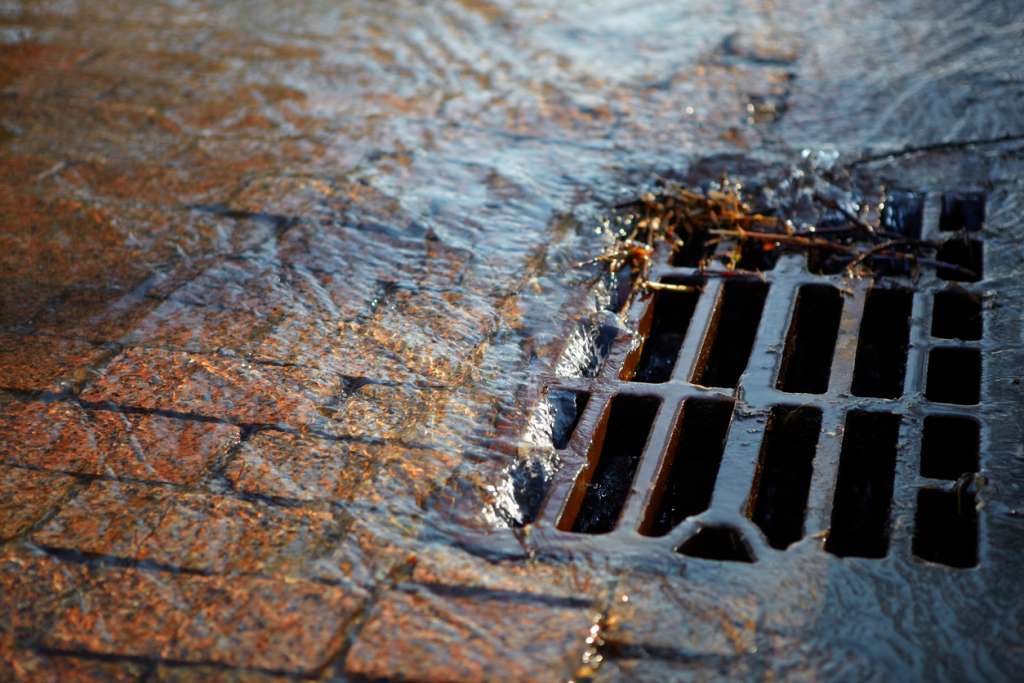Two years ago, LA County voted for Measure W, a small tax on paved property that raises about $280 million annually for stormwater projects that build up our county’s water self-sufficiency. Now, as our region’s unemployment reaches nauseating levels, we crave a walk in the park, and our neighbors and families contend with the triple punch of a pandemic, financial crisis, and mental health strains, this new fund demands greater attention and support.
Spent well, it could get people back to work and green our neighborhoods. In the long term, it can help guide local, state, and federal investments that build up a just future and simultaneously deliver job creation, public health, and climate resilience benefits.
At their core, stormwater projects capture water runoff, whether from car washes or major winter storms. Instead of letting that water flow straight to the ocean, the water gets pushed underground. There, it replenishes depleted groundwater reserves and adds to local water supplies. On the surface, we know these projects as green streets, parks, permeable parking lots, and rain gardens, among other types.
These projects also create jobs, many with pathways to in-demand and family-sustaining careers. A study by LAANE in 2018 estimated LA’s new stormwater program could create over 9,000 local jobs and yield over $14 billion in economic benefits.
Measure W and the program it created, Safe Clean Water LA, are designed to add more benefits, in large part because of community organizing and the leadership of Supervisors Kuehl and Solis. To get funding by the county, projects are graded by how well they incorporate community engagement and input and invest in historically undeserved and overpolluted neighborhoods.
OurWaterLA, a coalition of residents and organizations, including my group Nature For All, helped pass Measure W and has been on the frontlines to ensure the program lives up to its promise from the jump. In the last month, the coalition has reviewed all 53 project proposals under county consideration. By June, the program’s county committees and nine local watershed-based committees will make their final decisions. Those decisions must be shaped by our region’s needs today and into the future.
Of the 53 proposals, OurWaterLA has identified 9 exemplary projects, from a upgrading a neighborhood park in Norwalk to rehabilitating MacArthur Park Lake, that invest in vulnerable communities, green neighborhoods, and secure more clean water for the county.
At the same time, LA County should not fund projects that don’t advance our shared equity, health, and water goals. Many of the proposals can be improved to better address community needs and promote climate resilience. Yet, those improvements won’t happen, and better projects won’t have a chance to come forward, if every proposal in this first set gets approved. That would also eat up the next five years of funding.
As this program moves forward, we must ensure that community investments continue to be made through community input, one of the best ways to ensure communities hardest hit by health disparities and social inequalities are first in line for the funding. Over the next month, the Safe Clean Water LA Program is holding over a dozen online meetings to make its final decisions. As the county moves forward with these meetings, it must do everything possible to help residents participate meaningfully.
LA County voters made it clear back in November 2018 when they passed Measure W: good jobs, healthy communities, water security, and equitable investments. Those same values and priorities can guide how this program gets implemented, and how we chart a better future for our region.
